
Taylor Swift s/t - Amazon Linux 2
Taylor's self-titled release came out in 2006. As an unknown talent she had to spend several years prior practicing her songwriting and slowly putting together what would be a chart-topping debut album. Everyone's familiar with it, most enjoy it, but it's rarely someone's favorite. Amazon Linux 2 is a fork of RHEL, a distribution with its own lengthy history, and is the culmination of effort in and outside of Amazon. Nearly everyone's worked with Amazon Linux at some point and sure, it gets the job done, but nobody really reaches for Amazon Linux outside of AWS or can say it's their favorite.
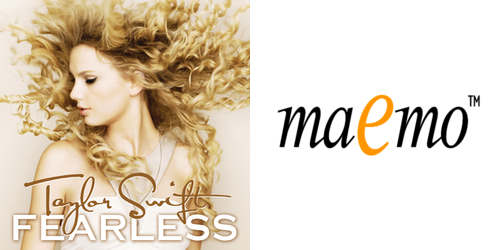
Fearless - Maemo
Taylor hit the typical sophomore slump with Fearless. It was time to bring something new to the table and she just didn't quite pull it off. The result was forgettable, and so is Maemo, Nokia's attempt to break the iPhone/Android duopoly. Did you know that after the Maemo/Moblin merge an open source community kept maintaining the original Maemo codebase? Nobody does because nobody used this stuff. It was a desperate attempt to stay relevant and a cash grab.

Fearless (Taylor's Version) - Tizen
Speaking of desperate cash grabs, Taylor Swift re-recorded and released Fearless to turn her one-time album purchases into ARR (Taylor's Version). Tizen was spun up from the ashes of MeeGo (the child of Maemo and Moblin) by Intel and Samsung. Intel wanted to get in on the smartphone revolution and Samsung wanted a knife in their back pocket should Google threaten their independence but in the end nobody really got anything out of it.
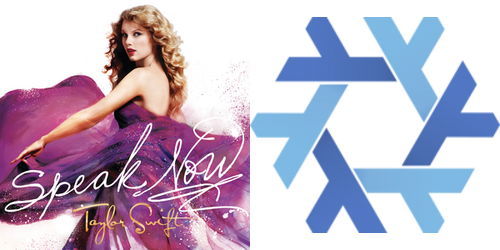
Speak Now - NixOS
Taylor's third release demanded creativity and our girl delivered on Speak Now with the start of her turn from country to straight pop music. NixOS also struck out for new territory. They've invented creative ways to package software and deliver on an immutable, declarative and transactional system but the usability of the system and the overgrown DSL used to package it is still an open question.

Speak Now (Taylor's Version) - Guix
Nobody requested a re-release of Speak Now but Taylor did it anyway. Nobody asked to wrap Nix with Guile Scheme and use it to build an entire distribution but someone at GNU did it anyway.
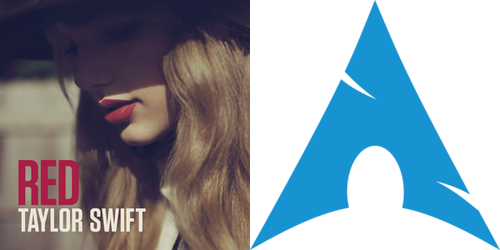
Red - Arch Linux
No, it's not Red Hat, even though she's literally wearing a red hat. Red is the fan's album, it doesn't introduce anything new but instead carves out a comfortable, intimate space for her listeners. The Swifties love it, fans often rank it as their favorite, but it has little weight out in the greater world. Arch Linux has passionate fans all over the web but at the end of the day it's all but missing from the server room.

Red (Taylor's Version) - Manjaro
It's a fork of Arch. Nobody asked for either of these and yet here we are.
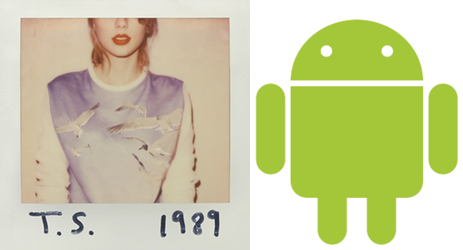
1989 - Android
Taylor finished her pivot to pop music with 1989 and put out her most popular and accessible album yet. User friendliness and accessibility is a must if you want to capture the broadest audiences. Google created a Linux with working sound out of the box, a useful sandboxing model for user applications and a coherent user experience but only after throwing out the entire Linux userspace. As a reward for their efforts Android is the world's most popular software platform and Linux's world domination is complete.
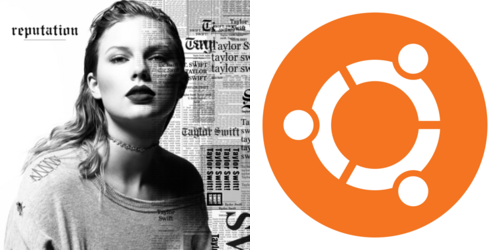
Reputation - Ubuntu
Blaccent Taylor is an embarrassment and simply shouldn't exist. Ads in /etc/motd are an embarrassment and Ubuntu shouldn't exist. Bonus: both embraced bold, unconventional color schemes.

Lover - Red Hat Enterprise Linux
Lover is another pop album, doing a little bit of everything and has broad appeal. It turned into a sleeper hit years after its release when Cruel Summer started charting again in 2023. RHEL's been around forever, it's used for everything, it has its fans and it simply isn't going away.

Folklore - Slackware
Folklore is something new and stylistically unlike any of her previously releases but also her attempt at finding a nostalgia that could resonate with her now diverse fanbase. Slackware's an OG, older than everything on this list, but even back then it was nostalgic for the commercial UNIX workstations of the 80s.

Evermore - Gentoo
Evermore came quickly on the heels of Folklore and kept its theme, writing about the timeless characters of the past and the way things used to be. However it wore out its welcome and wasn't nearly as well-received as Folklore was. Gentoo had its moment in the sun in the 2000s but you don't seem to hear much about it anymore. The nostalgia for building everything from source, via shell scripts, on the dinky one and two core machines of yesteryear may have inspired ebuild but we've moved on.
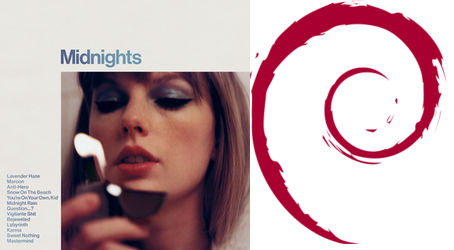
Midnights - Debian
Taylor Swift focused on what really matters in Midnights: accessible pop music, TikTok-friendly hooks (nice!) and simple, reliable operating systems found on every server and in every container across the globe.

1989 (Taylor's Version) - ???
Who knows? Maybe it'll be your favorite distro, maybe it'll be one of those Android vendor kernels that hacked in massive security vulnerabilities to ship some questionable junkware feature.